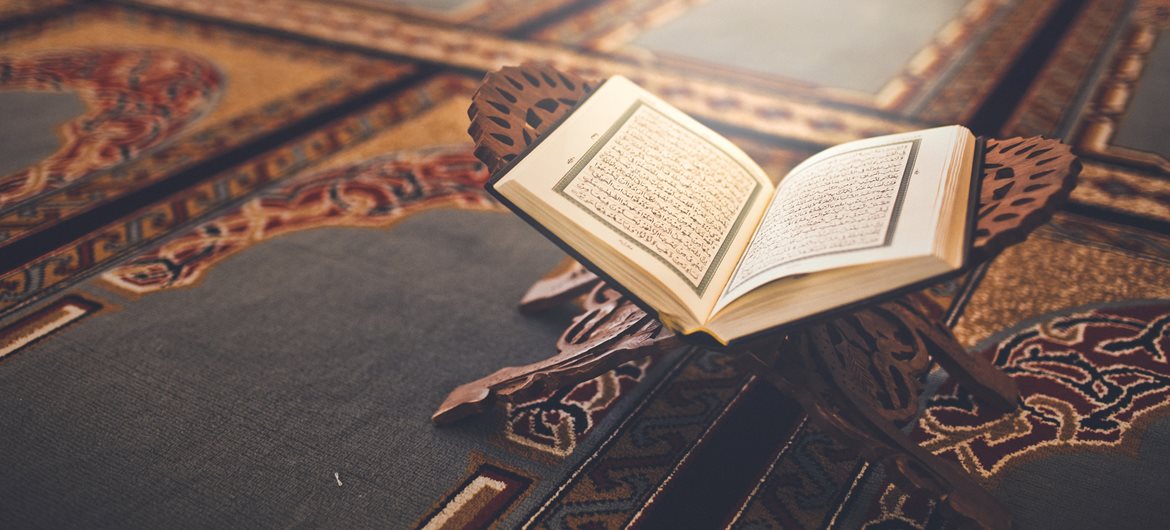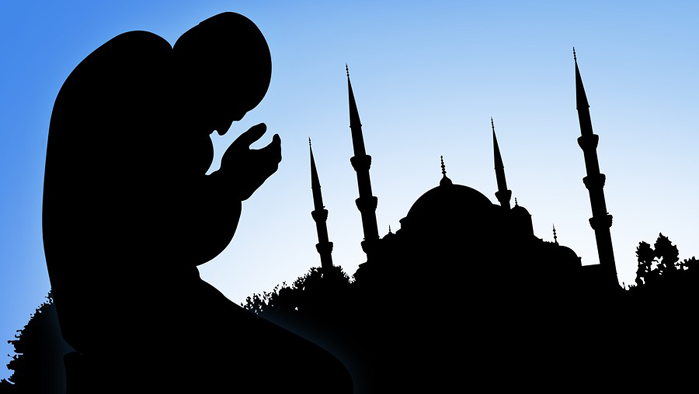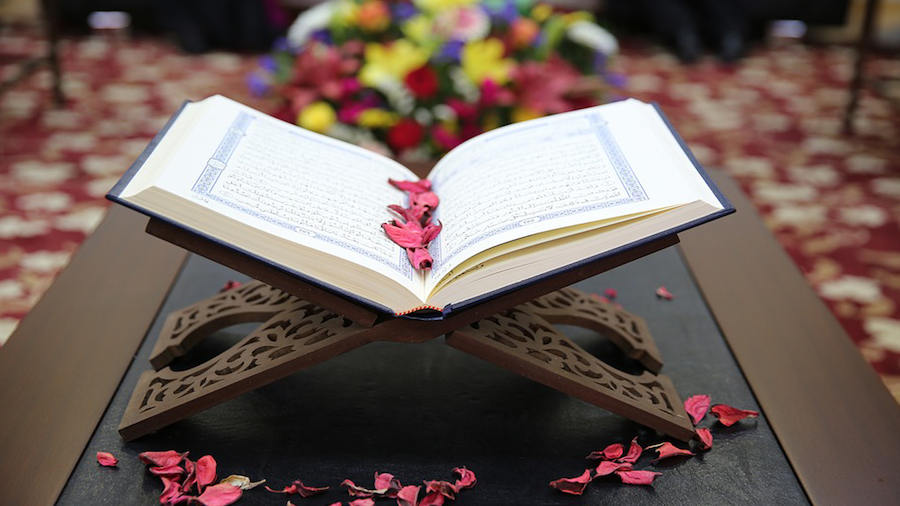بِسْمِ اللهِ الرَّحْمٰنِ الرَّحِيْمِ
Allah highlights to us in Surat Az-zumar an attitude that can only lead us astray. Allah says in the Qur’an:
“And when adversity touches man, he calls upon his Lord, turning to Him [alone]; then when He bestows on him a favor from Himself, he forgets Him whom he called upon before, and he attributes to Allah equals to mislead [people] from His way. Say, “Enjoy your disbelief for a little; indeed, you are of the companions of the Fire.” [39:8]
Allah speaks of the people who only turn to Him when they are in need. When facing trouble, you will find them fulfilling the rights of Allah, trying their best to avoid sins. Yet as soon as Allah takes the trouble away, their belief fades along with their good deeds.
The word Allah uses here for trouble is “dur” which accounts for all types of issues whether it is physical or psychological etc. He also uses the word “khawalnahou” derived from the verb “khawala” which means wrapped up, layer after layer, which in this ayah means favour after favour. So once all the favours were given to these people, they become blinded and forget who they called to when they had trouble.
Then He goes further and speaks of the next step these people take which is to deceive others into their own deviant ways. An example could be someone struggling with money and begged Allah for help. Once Allah fulfils this person’s financial needs, they drift away from Him and then move onto haram income. When others look at this person and see the apparent blessings they would want the same and thus follow this person’s inpermissible ways.
Let us ask ourselves, are we only close to Allah when we need help? Or do we stick by our Deen in both rough and easy times?
May Allah make us of those who are truly pious in all situations and keep us from drifting away from Islam through the blinding cloud of temporary materialism, let us remind ourselves that Allah says:
“Know that the life of this world is but amusement and diversion and adornment and boasting to one another and competition in increase of wealth and children – like the example of a rain whose [resulting] plant growth pleases the tillers; then it dries and you see it turned yellow; then it becomes [scattered] debris. And in the Hereafter is severe punishment and forgiveness from Allah and approval. And what is the worldly life except the enjoyment of delusion.” [57:20]
Allah knows best.

![77 branches of Islam [57-61]](https://islam.mansouri.online/wp-content/uploads/2019/08/branches_12.jpeg)



